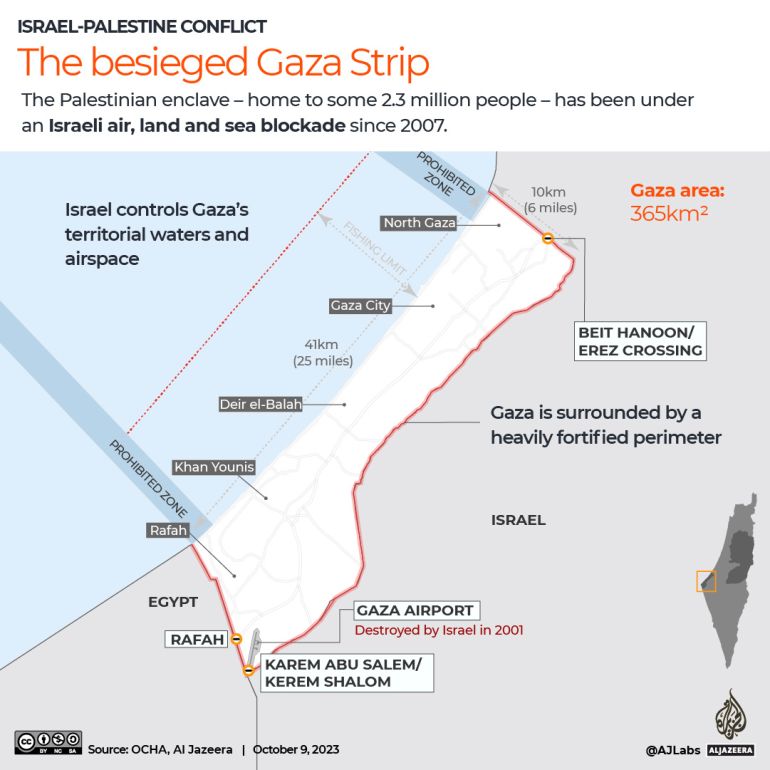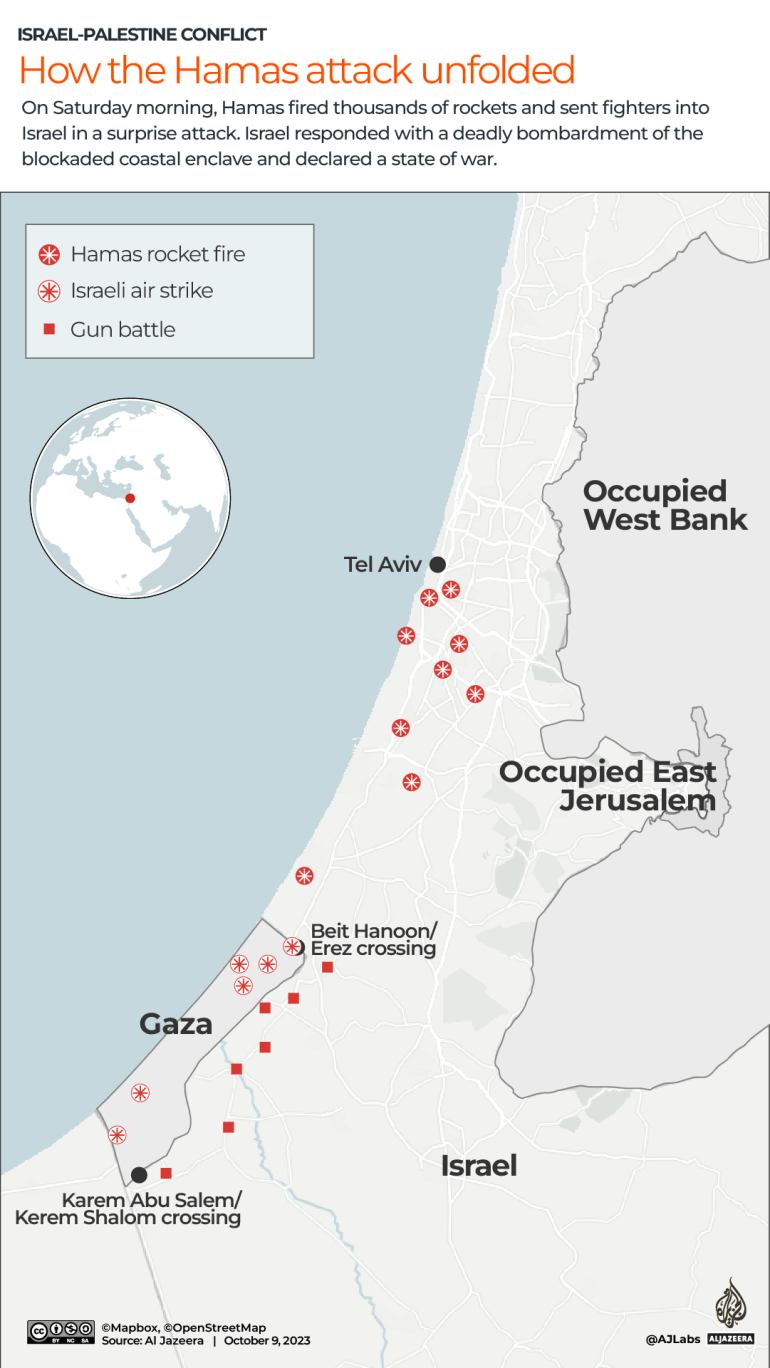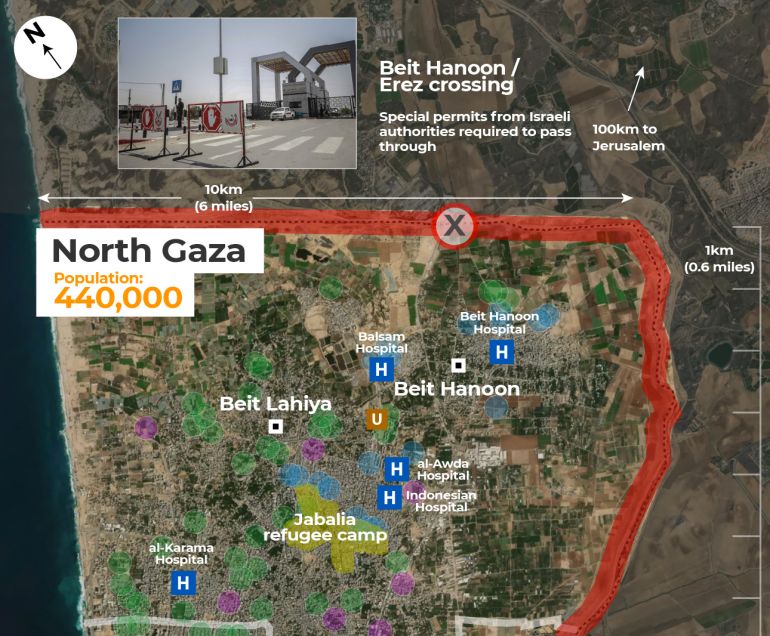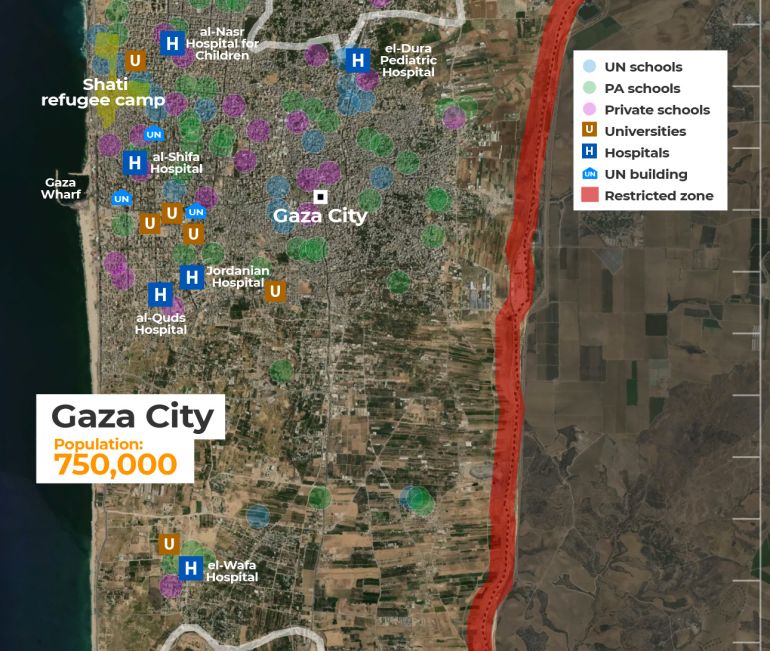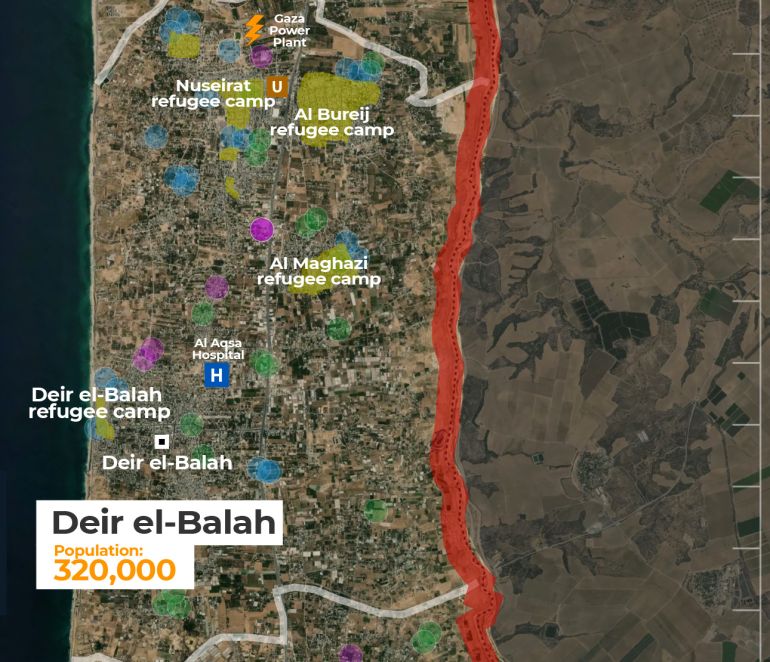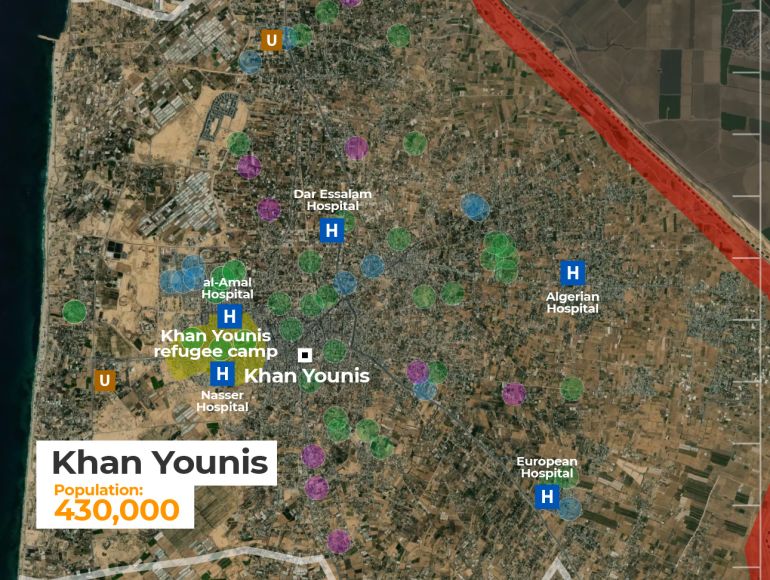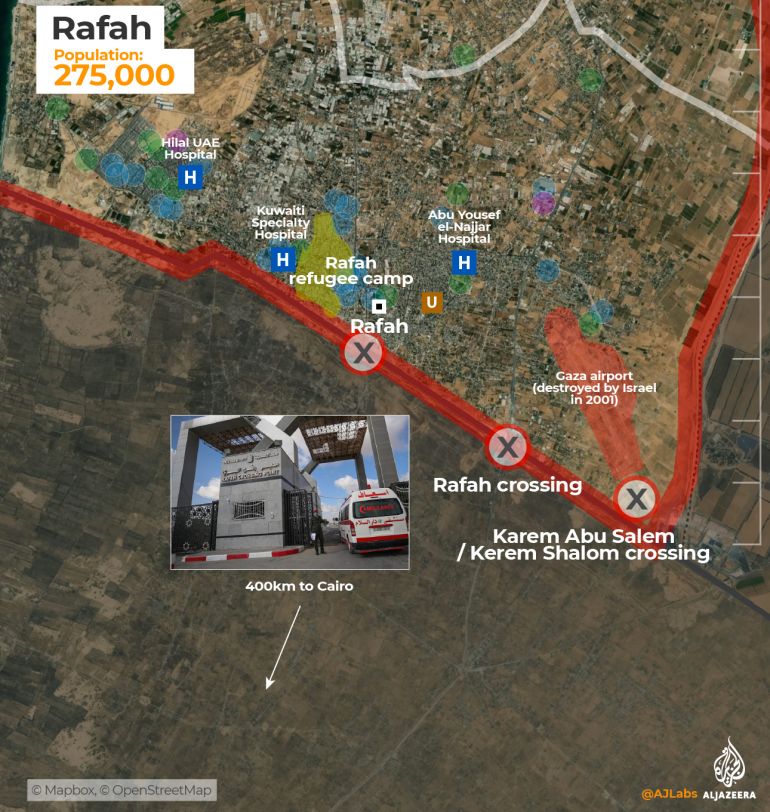Israel inflicts unprecedented degree of damage on Iran's elite published at 12:11
Not only has Israel's attack on Iran been more wide-ranging and intense than its two military operations last year, but it also appears to have adopted some of the strategy that was used in the Israeli offensive against Hezbollah in Lebanon last November.
That is not only to hit Iran's missile bases - and thus its ability to respond with force - but also to launch strikes to take out key members of Iran's leadership.
That strategy of decapitation of Hezbollah senior figures had devastating consequences for the group and its ability to mount a sustainable counter-offensive.
Footage from Tehran has shown what seem to be specific buildings hit, similar to images from Israel's attacks on the southern suburbs of Beirut, which culminated in the killing of Hezbollah's leader, Hassan Nasrallah.
No figure of that magnitude appears to have been killed in Iran. The Supreme Leader Ali Khamenei has not been targeted.
But to kill Iran's military chief of staff, the commander of the powerful Revolutionary Guards and several of the country's top nuclear scientists in the first hours of an operation - that the Israeli Prime Minister Benjamin Netanyahu has suggested might go on for days - is to have inflicted an unprecedented degree of damage on Iran's elite.
That would seem to necessitate a fiercer response from Iran than we saw in its two attacks on Israel last year. But it may also make Tehran's ability to summon up such a response that much harder.
That presumably is the calculation that Netanyahu made in ordering this escalation in the conflict.
Most of the Israel was woken up at around 03:00 (01:00 BST) this morning with a short burst of sirens and a phone alert warning of a “significant threat” - with people instructed to stay close to a shelter.
Israel’s emergency services say they are mobilising blood services across the country, while some hospitals say they are discharging patients who are well enough to go home.
In the West Bank, a lockdown has been imposed on all Palestinian cities until further notice.
This is all in preparation for a retaliation - with the Israeli military warning 100 Iranian drones are on their way to Israel.
Image source, Reuters Israelis gathered in this shelter in Tel Aviv overnight following sirens in Israel's capital
No increase in radiation from Natanz nuclear site, Iranian authorities tell watch dog published at 11:43
11:43
We've now heard more from the International Atomic Energy Agency (IAEA), who said earlier it was monitoring the situation closely after Israel targeted Iran's nuclear sites overnight.
The agency says it has been informed by Iranian authorities that the Bushehr nuclear plant has not been targeted and that no increase in radiation levels has been observed at the Natanz site.
Natanz is the site of Iran's main uranium enrichment facility -, with the IAEA confirming earlier it had been among the targets.
The facility is located about 225km south of Tehran -
Images show damaged buildings in Tehran after Israeli strikespublished at 11:28
0000 some pictures from Iran this morning after Israel's strikes overnight:
Image source,EPA
Image caption,
This building north of Tehran was one of a number hit by Israeli air strikes overnight
Image source,Majid Asgaripour/WANA (West Asia News Agency) via Reuters
Image caption,
Emergency services have been seen working in Tehran this morning responding to sites of collapsed buildings
Image source,EPA
Image caption,
Israel launched strikes across Iran, saying it targeted the country's nuclear programme
Image source,Majid Asgaripour/WANA (West Asia News Agency) via Reuters
Image caption,
A number of senior Iranian military figures have been killed
Now is the time for restraint, urges Starmer published at 11:10
UK Prime Minister Keir Starmer has urged Iran and Israel to "step back and reduce tensions urgently", calling the strikes "concerning".
"Escalation serves no-one in the region," he says.
"Stability in the Middle East must be the priority and we are engaging partners to de-escalate. Now is the time for restraint, calm and a return to diplomacy."
UK Foreign Secretary David Lammy echoes Starmer's call for restraint, saying further escalation "is a serious threat to peace and stability in the region".
“Stability in the Middle East is vital for global security. This is a dangerous moment and I urge all parties to show restraint.”
Iran launches about 100 drones towards Israel - IDFpublished at 10:49
Israel Defense Forces (IDF) spokesperson Brig Gen Effie Defrin says Iran launched "approximately 100 UAVs towards Israeli territory", which he says they are working to intercept
Defrin adds that the chief of staff of the Iranian army, the commander of Iran's Islamic Revolution Guard Corps (IRGC), and the commander of Iran's emergency command were killed in last night's strikes.
Iranian state media also reported earlier that Hossein Salami, the Revolutionary Guard chief, has been killed.
As a reminder, a state of emergency has been declared in Israel.
Israel has launched strikes across Iran, saying they targeted the "heart" of Iran's nuclear programme
The strikes have
killed Hossein Salami, chief of Iran's Islamic Revolutionary Guards - a powerful branch of the country's armed forces - as well as nuclear scientists, according to Iranian state media
Israel's President Benjamin Netanyahu said that the strikes were a "targeted military operation to roll back the Iranian threat to Israel's very survival", claiming that "if not stopped, Iran could produce a nuclear weapon in a very short time"
A state of emergency has been declared in Israel, with
counter-attacks expected "in the immediate future" US Secretary of State Marco Rubio has said
the US was not involved in the strikes and did not provide any assistance A spokesperson for Iran's armed forces has said that
both the US and Israel will pay a "heavy price" for the strikes
The flight information board at Qatar Airport shows that flights not only to Iran but also to its neighbouring country Iraq are being cancelled, one after another.
Iran has officially closed its airspace following an unprecedented series of Israeli attacks.
However, it appears that many airlines are also avoiding Iraq due to heightened security concerns.
Iranian and Iraqi paramilitary groups allied with Tehran have repeatedly warned that any attack on Iran - whether by Israel or the United States - would make American interests and bases in the region, particularly in Iraq, “legitimate” targets.
Just yesterday evening I spoke with an advisor to Iraqi Prime Minister Mohammed Shia al-Sudani, who told me the government has been engaged in intensive talks with Iran-backed groups to dissuade them from retaliating if Iran is attacked, as Baghdad tries to avoid entering a new conflict.
Another foreign policy adviser to Sudani warned me earlier that if anything were to happen to Iran, “It won’t be like something that we had seen before.”
He was right. Although we’ve seen {censored}-for-tat exchanges between Iran and Israel in the past, Iran has not experienced military operations of this scale on its own soil since the Iran-Iraq War.
This latest attack comes just two days before the sixth round of Iran-US talks, which had been scheduled for this Sunday in Muscat - and to which I am currently en route. But now, uncertainty looms large.
It’s unclear whether the talks will proceed at all. And it’s harder than ever to predict what lies ahead for the region.
The head of the global nuclear watchdog has confirmed Iran's main nuclear enrichment site at Natanz was hit by Israeli strikes in the early hours of Friday.
In a post on X, the International Atomic Energy Agency said it was "closely monitoring the deeply concerning situation in Iran".
The agency said it was in contact with Iranian authorities regarding radiation levels at the site as well as its inspectors in Iran.
What has been hit so far
Image source,Reuters
Information about what and who has been impacted by Israel's strikes is still unfolding, but here is what is being reported so far.
Israel's military says it has struck "dozens of military targets, including nuclear targets in different areas of Iran".
Among the sites hit is Iran's main uranium enrichment facility at Natanz, in the centre of the country. Iranian state TV said it was struck several times, with pictures showing black smoke billowing from the site.
Natanz operates thousands of advanced centrifuges - equipment used for enriching uranium gas - which are located dozens of metres underground for protection. It is unclear at this point how deep Israel's attack reached.
The New York Times reports that at least six military bases around Tehran as well as homes of military commanders and multiple residential buildings have also been hit, citing senior Iranian officials.
The heads of Iran's armed forces have been killed, Iranian state TV has confirmed. They were Hossein Salami, commander-in-chief of the Islamic Revolutionary Guard Corps - Iran's most elite military force - and Maj Gen Mohammad Bagheri, overall commander of the Iranian army and the IRGC.
At least two nuclear scientists - Fereydoon Abbasi, the former head of the Atomic Energy Organization of Iran, and Mohammad Mehdi Tehranchi, the president of the Islamic Azad University in Tehran - have also been killed, Iranian state TV says.
















